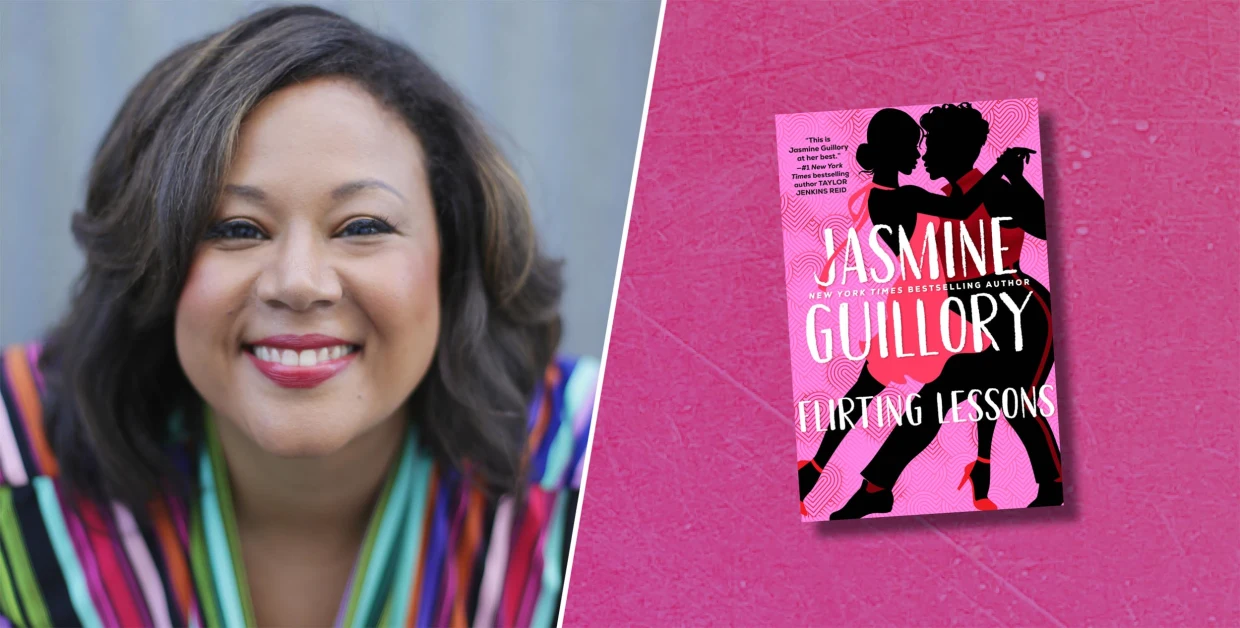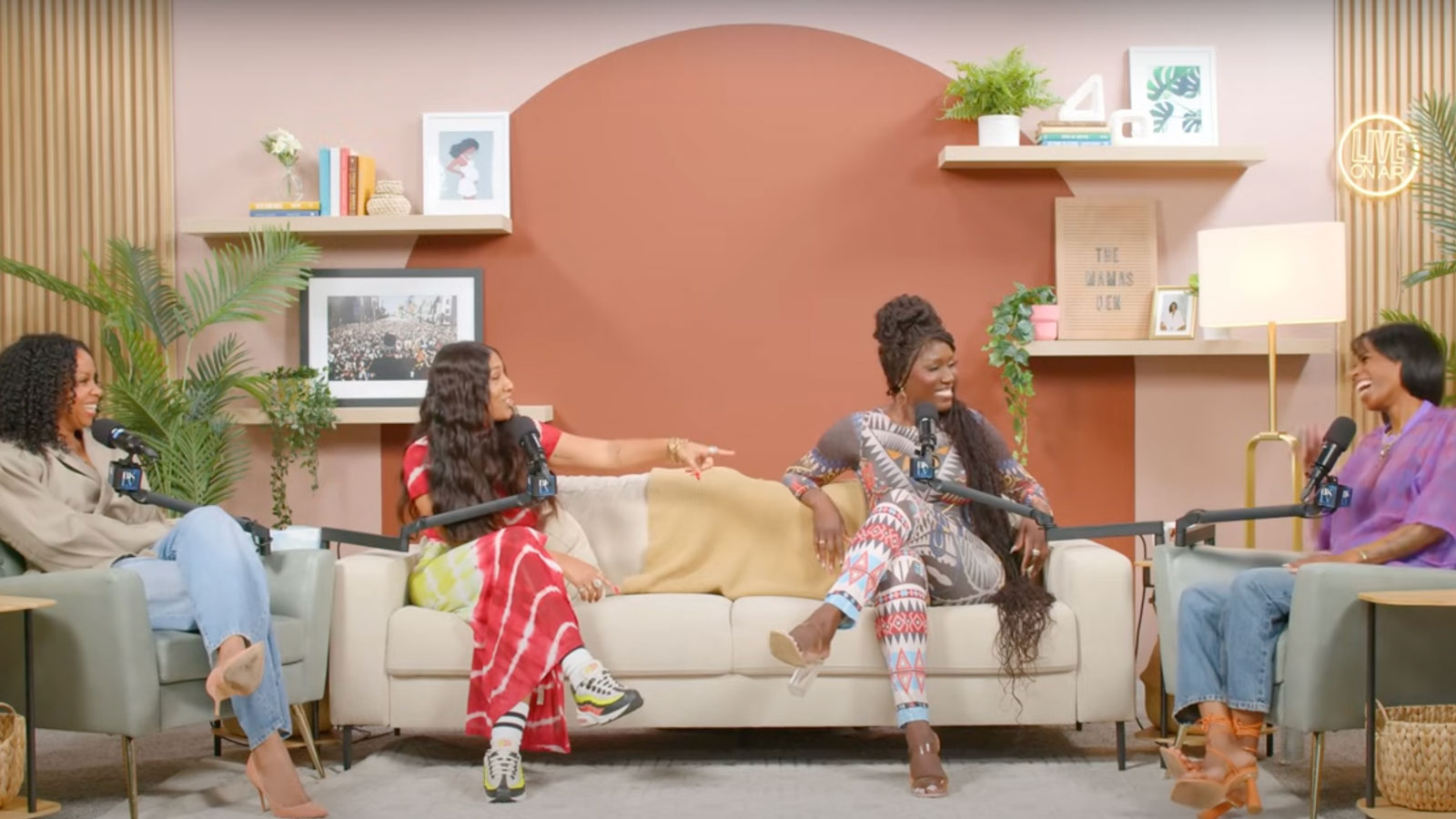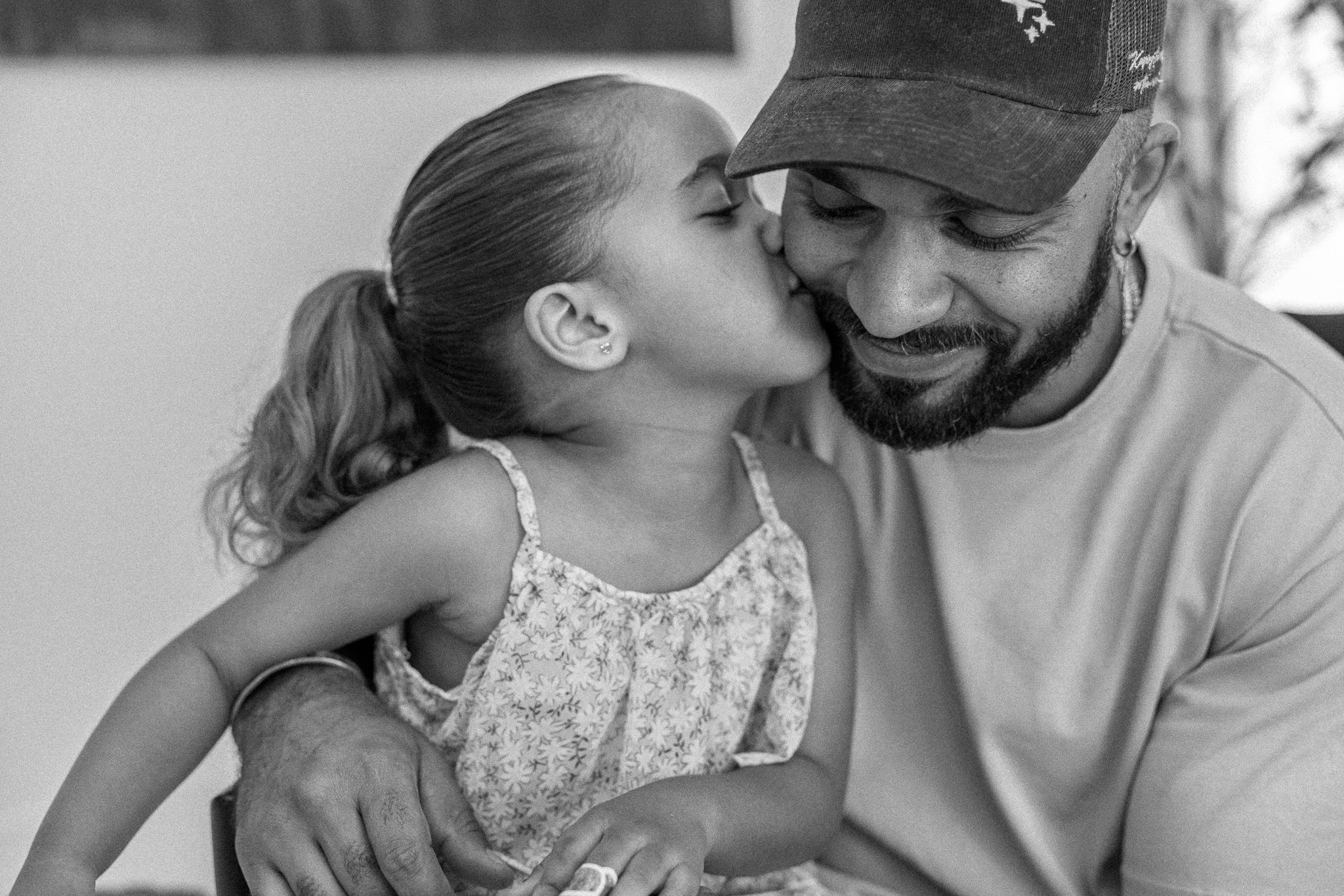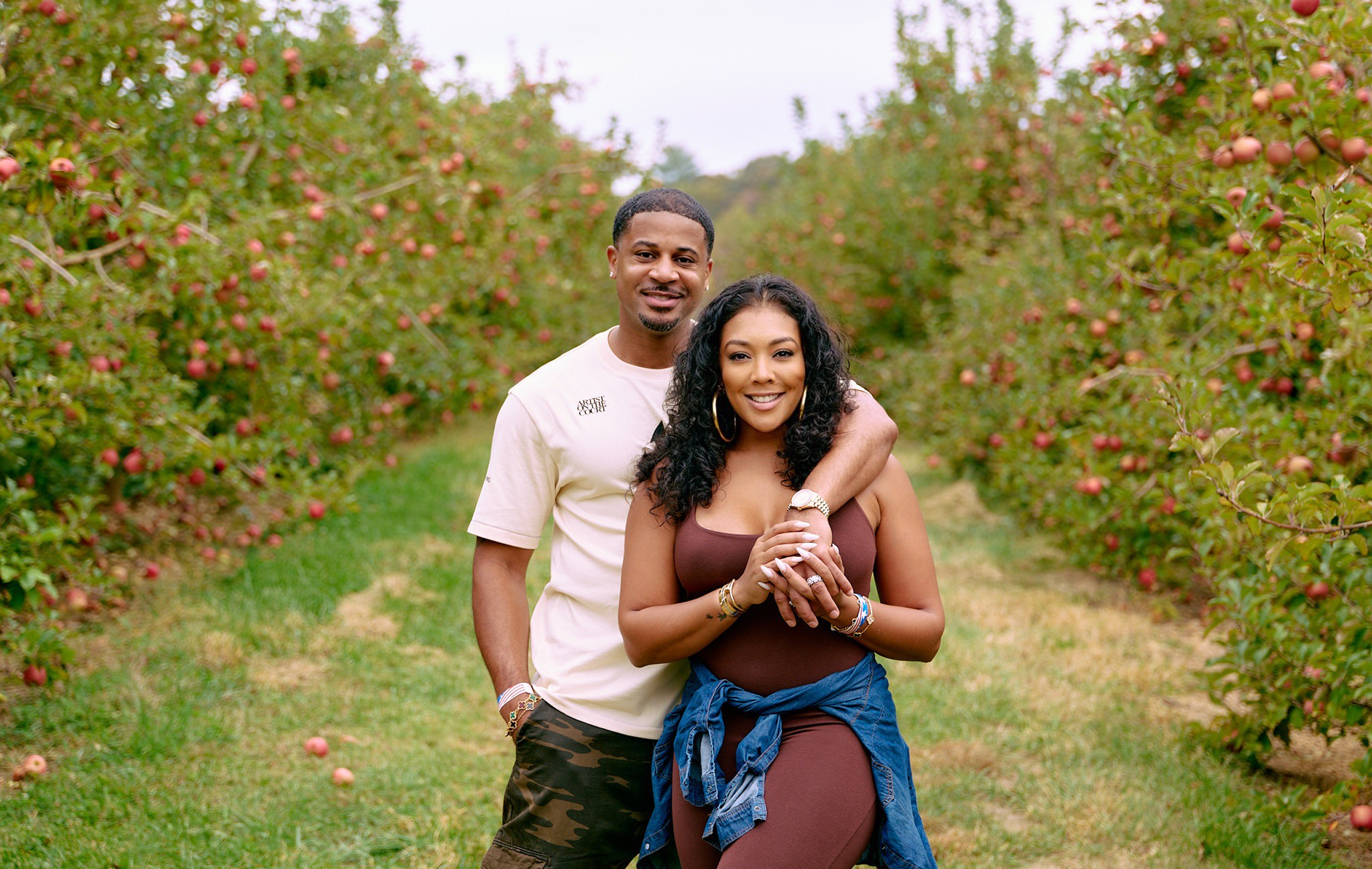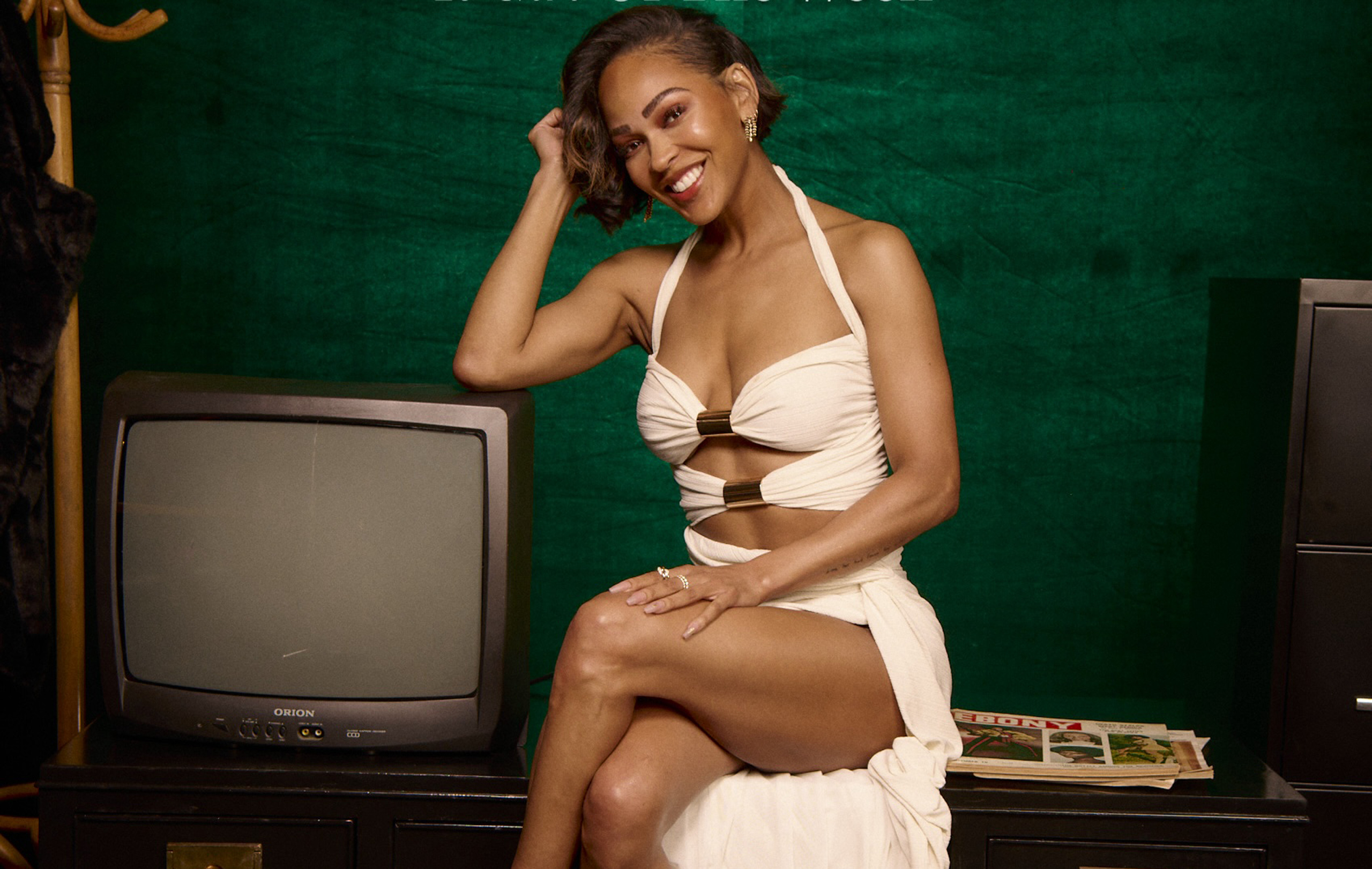
Courtesy of rawpixel.com
Courtesy of rawpixel.com
What kind of love from a n***a would black your eye?
What kind of love from a n***a every night make you cry?
What kind of love from a n***a make you wish he would die?
I mean sh*t he bought you things and gave you diamond rings
–Eve, Love Is Blind 1999
As an emergency medicine physician, it is important for me to remind everyone that October is Domestic Violence Awareness Month. A recent study from the Institute for Women’s Policy Research revealed that domestic violence, or intimate partner violence, is, unfortunately, more prevalent among Black women than White, Latina or Asian women. Approximately four in 10 Black women experience physical abuse. Additionally, we are more likely to endure humiliation, bullying (including online), derogatory name-calling, controlling behavior and coercion, which are forms of psychological abuse.
In New York City, the stay-at-home orders and physical distancing have fueled incidents of domestic violence.
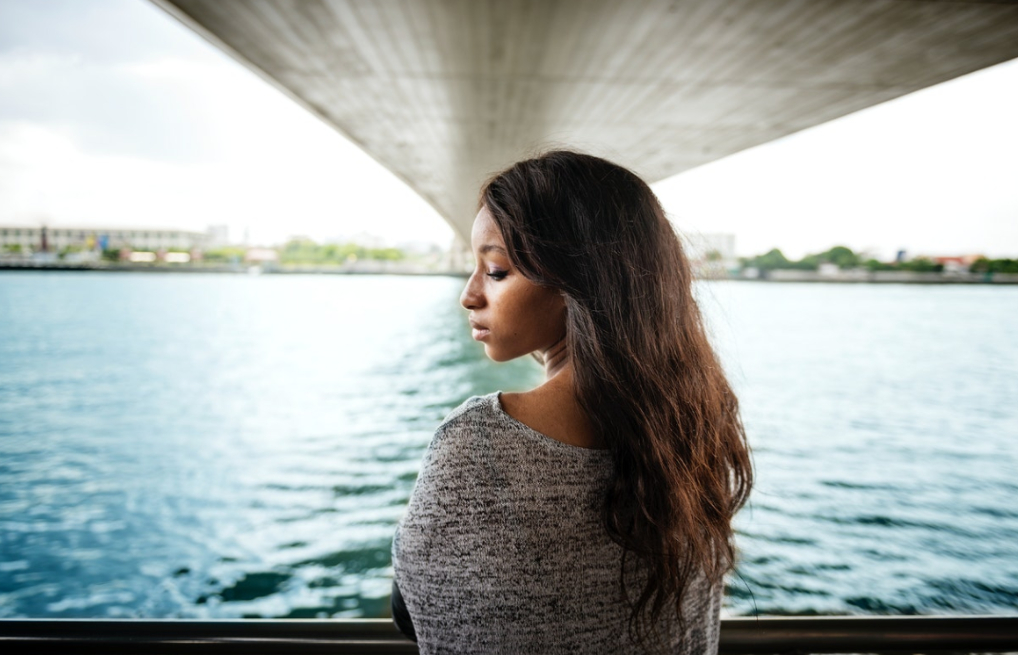
Courtesy of rawpixel.com
Domestic abuse is similar to the COVID-19 crisis, as it acts like an opportunistic infection and is flourishing in many parts of the world, including the United States. In New York City, the stay-at-home orders and physical distancing have fueled incidents of domestic violence. Calls to organizations that provide shelter to battered women have risen in New York City and statewide, and text messages to domestic violence hotlines have skyrocketed because many victims find texting to be safer than calling. The reports of domestic violence to police authorities have fallen because victims might not have a safe way to notify the police without risking their lives or their children’s lives.
I vividly remember when Eve’s ‘Love is Blind’ was released; I was 19 years old and a sophomore in college. This song resonated with me because I too, was that girl blinded by what I thought was love. At age 15, I was involved in an abusive relationship with an older man for two years. During that time, I experienced physical, psychological and financial abuse, as well as sexual assault.
I experienced physical, psychological and financial abuse, as well as sexual assault.
Prior to meeting him, I ran away from my family’s home, because our home life was chronically dysfunctional. He and I were introduced through a friend of mine who was dating his cousin. In less than a month, I sought refuge in his home, and he promised to take care of me. That promise was short-lived. For two years, I was a victim of physical and emotional beatings. Eventually, I became pregnant as a result of a physical beating and rape in front of his friend –– not because he loved me or wanted a family. Sadly, during the pregnancy the abuse worsened.
After I gave birth to my son at age 17, I planned to attend college out-of-state to study Pre-Medical Sciences. I believed going away for college would help me escape from my son’s father. Unfortunately, tragedy struck. My precious four-month-old baby boy was killed at the hands of his father.
It has taken years of psychotherapy and family support to help me heal from the humiliation, shame, and many years of trauma.
Related Articles:
How I Escaped Financial Abuse
Forgiving Myself Was Key to Getting Past My Abusive Relationship
Stopping the Cycle: Troy & Tommi Vincent’s Commitment to Combating Domestic Violence Starts at Home First

Courtesy of nappy.co
If I could describe the impact and aftermath of the abuse I experienced in my life, the word would be invisible. The physical abuse and sexual assault may not have left me with many permanent physical scars, but it certainly left me with the depth of emotional scars, including the weight of the pain from losing my son. At one point, I had lost my sense of self and identity. Eventually, it led to depression, survivor’s guilt, anxiety and complex post-traumatic stress disorder. But there was a light at the end of the tunnel. During my holistic journey to self-love and self-discovery, I actively participated in professional psychotherapy sessions, slowly reintroduced myself to the activities I enjoyed, and refocused on my life goals one step at a time.
I felt I needed to be heard to heal, because my experiences were valid. So I began speaking at conferences and on various media outlets about domestic violence. That was self-care on my own terms. I took as much time as I needed in order for me to become the woman that I am today.
There was a light at the end of the tunnel… I slowly reintroduced myself to the activities I enjoyed, and refocused on my life goals one step at a time.
Statistics have shown Black women are the forgotten survivors of sexual assault and are at a disproportionate risk of sexual violence. According to the American Psychological Association, for every Black woman who reports rape, at least 15 women do not report. Also, 1 in 4 Black girls will be sexually abused before the age of 18, while 1 in 5 Black women are survivors of rape. If that does not sound the alarm, 40-60% of Black women reported being subjected to coercive sexual contact by the age of 18. As Black women, we are 2.5 times more likely to be murdered by men than our white counterparts. Nine out of 10 Black female victims knew their killers. Yet the struggle to protect Black women and girls remains.
Love shouldn’t hurt, and it should not be confused with abuse. Love is not abuse. Intimate partner violence is a serious problem with long-lasting emotional and physical impact. Please know that you are not alone, and there is help. If you’re currently in an abusive relationship and are looking to find a safe haven, please contact the National Domestic Violence Hotline. There are counselors available to help you create a safe plan, tailored to your current situation. In the meantime, please refer to the list below for ways to keep you and your children safe:
List of Ways to Keep You and Your Children Safe
- Identify a potentially safe shelter.
Because we are in the middle of a pandemic, many women’s domestic violence shelters may have fewer spaces, due to social distancing and quarantine rules. However, it doesn’t mean they can’t provide an alternative. - Discuss your escape plans with your children.
Depending on their age, you may have to explain where to hide, run, and how to call for help. - Try to get outdoors as much as possible.
The more you are at home with a violent partner, the likelihood of violence increases. - Have a bag packed with your personal items and important documents.
Make sure to hide it so that you can gain access to items that may have been taken away by your abuser, i.e. food, sanitary napkins/tampons, money, cellular phone and other necessities. - If you have a car, keep the gas tank full.
If you don’t have a car, make sure your phone is fully charged, so that you can request an Uber or Lyft. Always keep a taxi or car service number on speed dial. - Have a neighbor, friend or a relative check in on you.
One of my patients told me that she created a distress signal (flickering lights on and off in her bedroom) to inform folks that she was in trouble. If you create one, please provide instructions about what action to take if you send a signal.
Again, if you need immediate help, call the National Domestic Violence hotline at 1-800-799-7233. You can also find legal information and helpful resources at www.womenslaw.org.
Related Articles
Discover why Jasmine Guillory’s latest novel Flirting Lessons is a must-read—and how the author continues to redefine modern romance with layered Black heroines, real emotional depth, and Black literature that feel both magical and true.
Bozoma Saint John talks Black motherhood, grief, self-love, and finding joy again. Don’t miss her powerful conversation on building legacy and living boldly.
Tyler Lepley shows the beauty of Black fatherhood, blended family life with Miracle Watts, & raising his three children in this Father Noir spotlight.
Featured Articles
When Elitia and Cullen Mattox found each other, they decided that they wanted their new relationship together, their union, to be healthier and different.
Celebrate their marriage and partnership with the release of the documentary “Time II: Unfinished Business”
Our intent is to share love so that people can see, like love really conquers everything. Topics like marriage and finance, Black relationships and parenting.
HEY CHI-TOWN, who’s hungry?! In honor of #BlackBusinessMonth, we teamed up with @eatokratheapp, a Black-owned app designed to connect you with some of the best #BlackOwnedRestaurants in YOUR city – and this week, we’re highlighting some of Chicago’s best!
The vision for our engagement shoot was to celebrate ourselves as a Young Power Couple with an upcoming wedding, celebrating our five year anniversary - glammed up and taking over New York.
Meagan Good and DeVon Franklin’s new relationships are a testament to healing, growth, and the belief that love can find you again when you least expect it.

